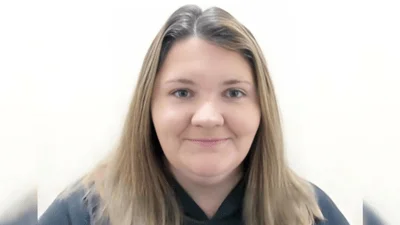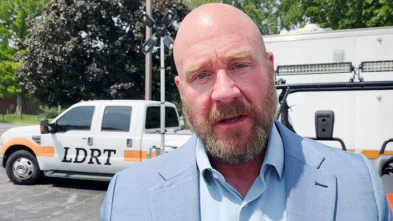State Representative Michael Coffey (IL) | Representative Michael J. Coffey, Jr. (R) 95th District
State Representative Michael Coffey (IL) | Representative Michael J. Coffey, Jr. (R) 95th District
The Illinois House Democrats have passed a $55.2 billion budget for the fiscal year 2026, marking an increase of $2 billion from the previous year. This development follows a pattern of rising state expenditures under Governor Pritzker's administration since he assumed office in 2019. The budget has increased by $15 billion since then.
Governor Pritzker had previously stated, “If you come to the table looking to spend more – I’m going to ask you where you want to cut.” However, the newly approved budget includes $1 billion in tax hikes and fund sweeps aimed at covering new spending initiatives and pay raises for politicians.
State Representative Mike Coffey criticized the budget process, stating, “In a time when Illinois families are in dire need of tax relief, the Democrats failed to pass a reasonable budget to serve the best interests of the people of Illinois.”
The FY26 budget relies on one-time revenues alongside new taxes and fund sweeps. Major revenue changes include delays in implementing controversial measures like the ‘swipe fee’ law, which affects credit card transactions and was postponed for another year due to its complexity.
On firearms legislation, House Republicans opposed Senate Bill 8 and House Bill 850 citing constitutional concerns. State Representative Mike Coffey commented on SB8 saying it targets law-abiding gun owners and imposes storage mandates with potential civil penalties. Concerns were also raised about HB850 altering due process protections under Illinois’ Clear and Present Danger statute.
House Minority Leader Tony McCombie remarked after session adjournment: “Democrats spent more time extolling the virtues of violating federal immigration laws than they did taking away the Second Amendment rights of law-abiding gun owners.”
The fiscal challenges facing Illinois continue as debates over revenue items remain active. The focus will be on how these issues evolve during future legislative sessions.






 Alerts Sign-up
Alerts Sign-up